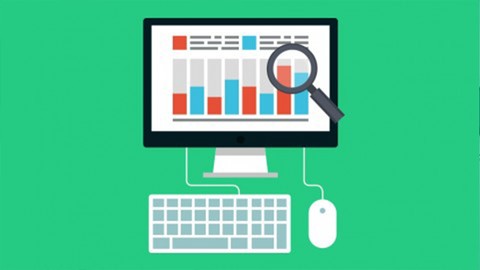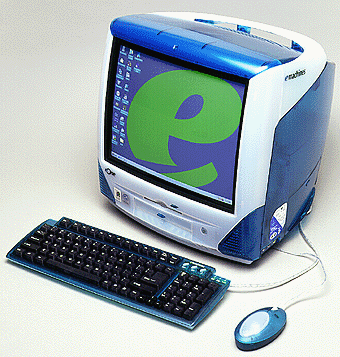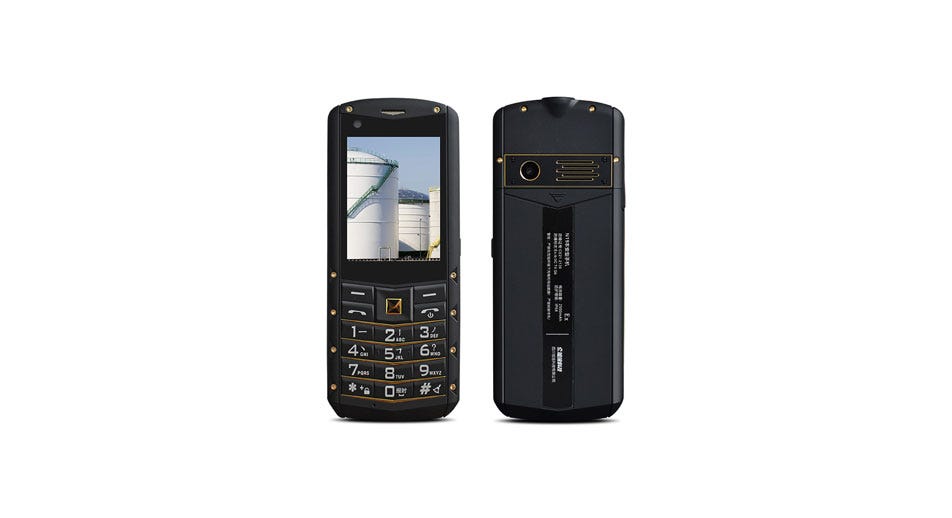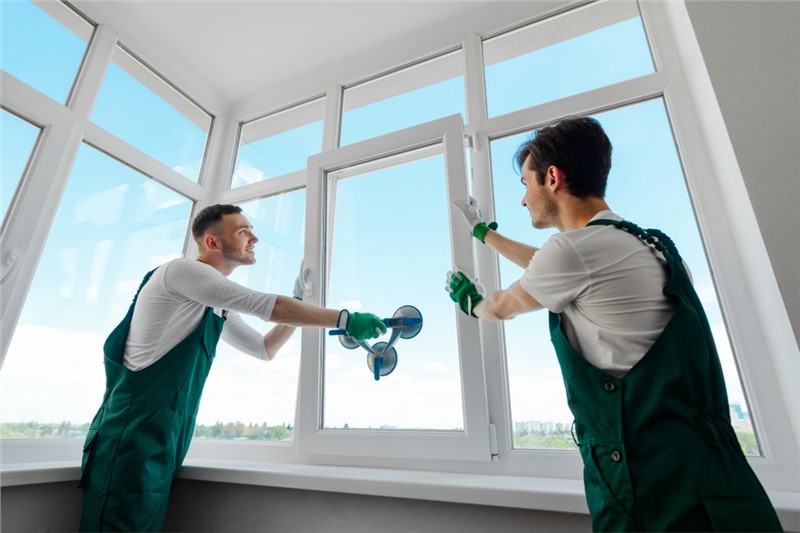How well a item is effective has always been a vital to its success—or failure. There is no shortage of tech items that have, despite their buildup, sooner or later missing individuals for the reason that they unsuccessful to operate as well as expected. There was Apple’s Newton, the Samsung Galaxy Fold extra recently, and let’s not forget about Juicero, a juicer that didn’t in fact do anything extra than give a bag of pre-processed juice a squeeze.
WIRED Opinion
ABOUT
Elissa M. Redmiles is a researcher at Microsoft Investigate and the Max Planck Institute for Application Devices. Gabriel Kaptuck is a PhD college student at Johns Hopkins College and a viewing fellow at Boston University’s Hariri Institute for Computing and Computational Science & Engineering. Eszter Hargittai is a professor and holds the chair in Web Use and Society in the Communication and Media Research Department at the College of Zurich. She is the editor of Investigate Exposed from Columbia College Push.
Then there are the items that perform, but have frequent problems, and while they continue being in the marketplace, they obtain a status for failing to meet consumer expectations. You’d be tough pressed to discover a 2012 smartphone user who would sense comfy turning to Apple Maps for directions, even all these yrs later. Similarly, if you Google lookup “Roomba,” the first problem about the self-navigating vacuum is: “Does the Roomba vacuum operate?” Inaccuracies in the navigation algorithm of the Roomba have led to self-assist content articles on how to get the vacuums operating, decreased than projected sales and marketplace penetration, and most recently, competing items whose major promoting place is enhanced accuracy. Buyers really don’t like points that really don’t operate as marketed. And as soon as believe in in a item is missing, it is not conveniently received back.
Nonetheless, despite a long time of proof pointing to the great importance of accuracy in the good results of new technologies, the debate about coronavirus speak to-tracing applications and whether or not people will undertake them has therefore far centered on privateness challenges. When privateness is unquestionably an critical aspect to take into consideration, the singular emphasis on it has still left a sizeable blind spot: how well will these applications operate, and how could possibly accuracy complications influence adoption? Early proof displays that even if speak to-tracing applications use point out-of-the-art privateness protections, accuracy fears may send out end users fleeing.
Covid-19 speak to-tracing applications, a single of the most debated technologies at this time below enhancement, are created to detect when people have been exposed to coronavirus utilizing an individual’s area data, or by speaking instantly with close by telephones. These applications can assist end users make educated selections about when to self-isolate and get analyzed for the virus. But, these applications can only assist public wellness if ample people undertake them.
Current scandals describe the collective fixation on privateness when it arrives to these applications. The Cambridge Analytica data scandal, in which hundreds of thousands of Facebook users’ non-public information was employed and leaked by the firm, brought privateness anxieties to the forefront of public dialogue and coverage enhancement about specific marketing. Concerns over user privateness have since expanded well past Facebook, and have however to let up.
As a final result, a sizeable sum of the enhancement about speak to-tracing technological innovation has focused on preventing the privateness failures that would deter people from downloading Covid-19 applications. Scientists and technological innovation firms have produced sophisticated protocols to stay clear of data leaks in these inherently invasive applications.
Even though privateness has dominated significantly of our interest, we’re beginning to see fears voiced by public wellness officials about the viability of these technological options supplied the lack of Covid-19 checks accessible to notify the app notifications and fears about whether or not a technological app can in fact ensure that all of an infected person’s contacts are notified. But past these opportunity troubles of privateness and public wellness viability, accuracy, or a lack thereof, is also a deterring variable for end users. The Care19 speak to-tracing app becoming employed by the point out of North Dakota already has many assessments in the Google App retail store complaining about accuracy problems and has seen end users leave the platform over these complications.
Looking extra broadly throughout the United States, a the latest study of 798 People in america that we conducted, as scientists at Microsoft Investigate, Johns Hopkins College and the College of Zurich, examined Americans’ curiosity in setting up Covid-19 speak to-tracing applications. Whether or not People in america are inclined to set up these types of an app is strongly linked to how well it safeguards non-public information and how accurate it is. Specially, People in america treatment about false negatives: how well the applications can detect publicity to the coronavirus. And they treatment about false positives: how quite a few notifications the app sends out when there is no genuine publicity. Nearly half of participants reported they would not set up a Covid-19 speak to-tracing app that has false negatives or could leak their data.
Many investigate research examining distinctive technologies have demonstrated that both of those accuracy and privateness are vital aspects when People in america take into consideration the total fairness of utilizing technological innovation to, for example, established bail or identify mortgage compensation fees. These are technologies that can change users’ lives, just as a speak to-tracing app could possibly.
What’s more, earlier investigate, as well as the coronavirus app study we conducted, has located that distinctive demographic teams weigh accuracy and privateness fears otherwise. For example, the more youthful people we surveyed expressed less willingness to set up applications with either problems in accuracy or with privateness leaks. People in america who know someone who died from coronavirus were being a few times extra probable than these who do not know someone who died to specific willingness to set up an app that has accuracy problems. Women and the extra highly educated expressed less willingness to set up an app that may leak their data. These dissimilarities make coverage discussions about new technologies that omit principles like accuracy unfairly a single-sided.
Accuracy is a vital piece of the technological innovation puzzle. It can be a advertising and marketing tactic, a item loss of life sentence, or a bring about for privateness fears. If technological innovation developers and coverage makers fail to consist of vital considerations of accuracy in addition to privateness in item enhancement and coverage creating, improvements risk becoming derailed by reduced item adoption though unfairly omitting vital constituent fears.
WIRED Opinion publishes content articles by outside contributors symbolizing a large range of viewpoints. Read through extra thoughts listed here. Post an op-ed at [email protected].
More From WIRED on Covid-19






